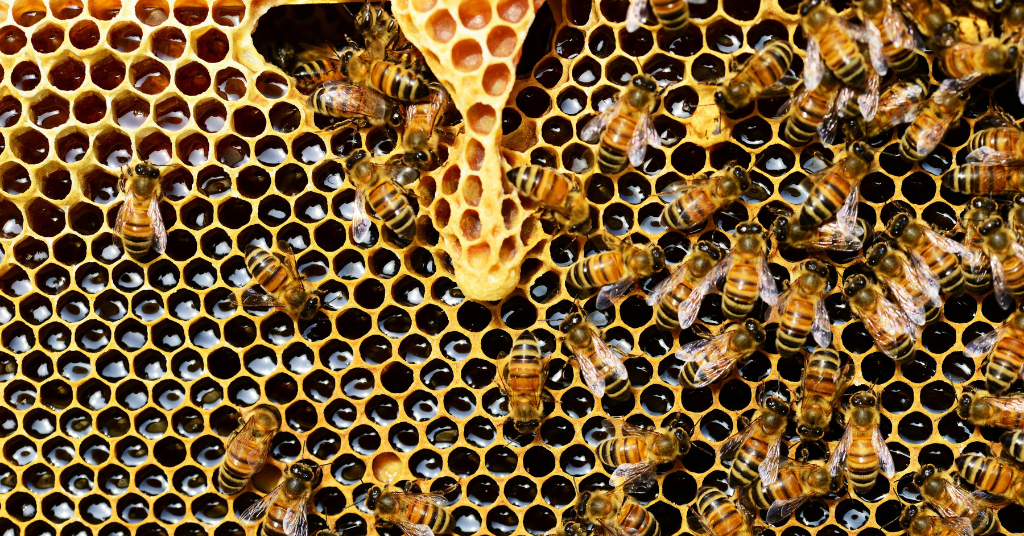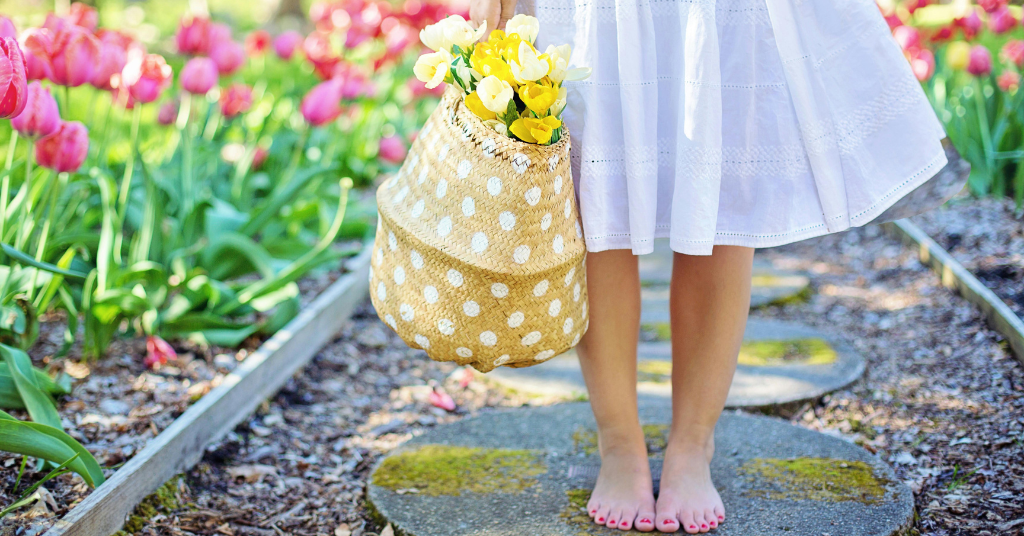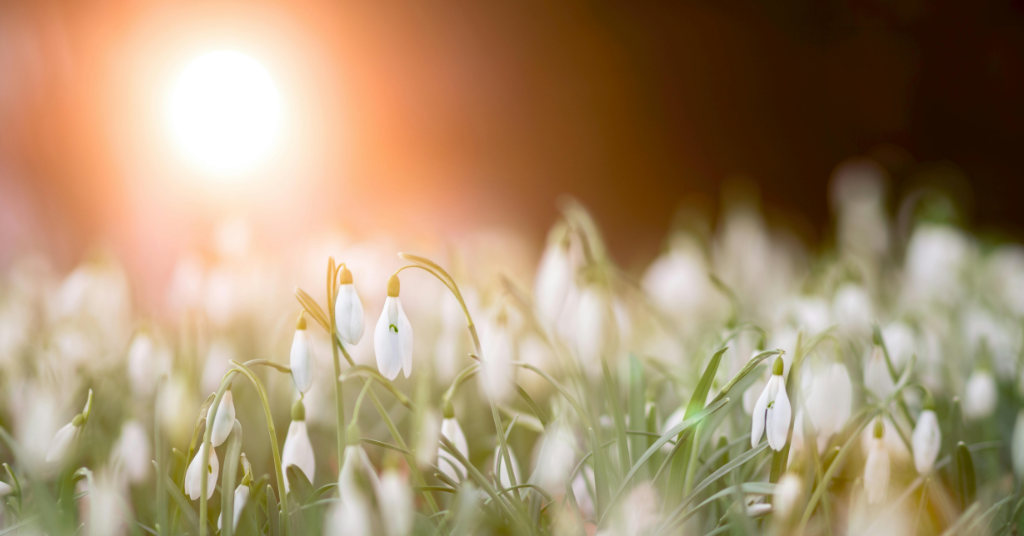Bees and other pollinators play a vital role in ecosystems around the world, supporting biodiversity, food security, and agricultural productivity. Despite their small size, these buzzing creatures have a big impact on our lives and the health of the planet.
Key reasons why bees and other pollinators are essential:
- 1.Pollination: Pollinators like bees, butterflies, birds, and bats facilitate the reproduction of flowering plants by transferring pollen from one flower to another. This process is crucial for the production of fruits, vegetables, nuts, and seeds. Without pollinators, many of the foods we rely on would not be able to reproduce, leading to decreased crop yields and food shortages.
- Biodiversity: Pollinators contribute to the diversity of plant species by facilitating cross-pollination, which helps maintain healthy ecosystems. By pollinating a wide variety of plants, pollinators support the growth of native plants and provide habitat and food for other wildlife species. A diverse ecosystem is more resilient to environmental changes and better able to withstand threats such as disease and climate change.
- Economic Importance: Pollinators play a crucial role in agriculture, contributing billions of dollars to the global economy each year. Many crops, including fruits, vegetables, nuts, and oilseeds, depend on pollinators for their production. By increasing crop yields and quality, pollinators directly impact the profitability of agricultural industries and the livelihoods of farmers and food producers worldwide.
- Ecosystem Services: Beyond food production, pollinators provide valuable ecosystem services that benefit humans and wildlife alike. These services include soil fertility, water filtration, and pest control. By supporting healthy ecosystems, pollinators contribute to the overall well-being of the planet and help maintain essential ecological processes.
- Cultural and Symbolic Importance: Bees and other pollinators have cultural significance in many societies around the world. They are often celebrated in art, literature, and religious ceremonies as symbols of fertility, abundance, and harmony with nature. By fostering a connection to the natural world, pollinators inspire awe and appreciation for the wonders of biodiversity.
Despite their importance, pollinators face numerous threats, including habitat loss, pesticide exposure, climate change, and diseases. To protect pollinators and ensure their continued survival, it is essential to take action at the individual, community, and policy levels. Planting pollinator-friendly gardens, reducing pesticide use, supporting organic agriculture, and advocating for habitat conservation are all meaningful ways to support bees and other pollinators.
How can we protect them?
1.Plant Pollinator-Friendly Plants: Create a bee-friendly garden by planting a variety of flowers, shrubs, and trees that provide nectar and pollen throughout the seasons.
- Avoid Pesticides: Minimize or eliminate the use of pesticides, herbicides, and insecticides in your garden and yard. These chemicals can harm bees and other pollinators, as well as disrupt their natural behaviors and life cycles.
- Provide Nesting Habitat: Provide nesting sites for native bees by leaving areas of bare soil, installing bee houses or nesting blocks, and leaving dead wood and brush piles undisturbed.
- Support Organic Agriculture: Choose organic and sustainable food options whenever possible to support farming practices that minimize pesticide use and protect pollinator habitats.
- Conserve Water: Bees need water for hydration and to regulate the temperature of their hives. Provide a shallow water source, such as a birdbath or shallow dish filled with pebbles, to offer bees a place to drink without the risk of drowning.
- Educate Others: Spread awareness about the importance of bees and other pollinators by sharing information with friends, family, and community members.
Sources and references:
https://www.unep.org/news-and-stories/story/why-bees-are-essential-people-and-planet




